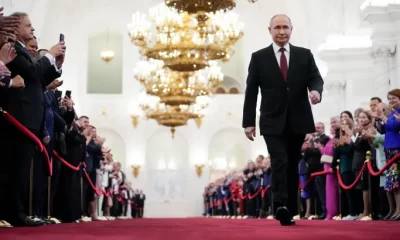Business
How to survive the rising cost of petrol and transport in Nigeria

With one swoop, fuel pump prices skyrocketed, and the cost of transportation went up with it. Here’s how to cope.
The Presidential inaugural speech of Bola Tinubu about the removal of fuel subsidy has caused the cost of transportation in Nigeria to rise.
Transportation costs may soon compete with basic living expenses, such as rent and food.
If you have a car, you will spend more than double what you previously spent to fill your tank. If you use public transportation, you have to add much more to your transportation budget.
As we cannot determine the effect of this or if a strike is imminent, we have prepared a helpful guide on how to minimize its effects.
1. Carpool
If you find yourself going to work daily and sharing office space with other car owners who live nearby, you might want to consider pooling resources and fueling a single car instead of each person driving to work.
This can result in decreased traffic congestion and reduced expenses for everyone involved. They can alternate cars and the person driving.
2. Take walks
Do you have to take a Korope (7-seater minibus) or a keke (tricycle)? No. Get your running shoes ready and be prepared for a fit fam life of walking. To reduce the transport cost, you can take walks to certain places before you take public transportation.
3. Don’t drive unless it’s essential
No more time for recreational outings and driving. Do you drive to the grocery store that’s just 10 minutes away, or maybe you drive around at night to clear your head? There’s no more fuel or money for that anymore.
Is it cheaper to fuel your car or take public transportation? Do the maths and decide for yourself.
4. Stay home
When you have paid rent, transportation and food, you might not have extra cash to spare, just stay home and eat the rice you have at home.
5. Make excuses when your friends ask you to go out
If you frequently get invited to weddings, birthdays, and other social events but don’t want to attend, you need to become skilled at coming up with convincing excuses. “I am sorry my emotional support plant died.” “I am praying and fasting and can’t leave the house.” Whatever you can say to stay back home, say it.
6. Get a bicycle
Bicycles are excellent, you don’t spend any money to move it from point A to B. It’s also great for your health. If you live in Lagos, be careful where you ride your bicycle to, you don’t want to be hit by reckless drivers.
Business
Five levies Nigerians pay for electronic transactions
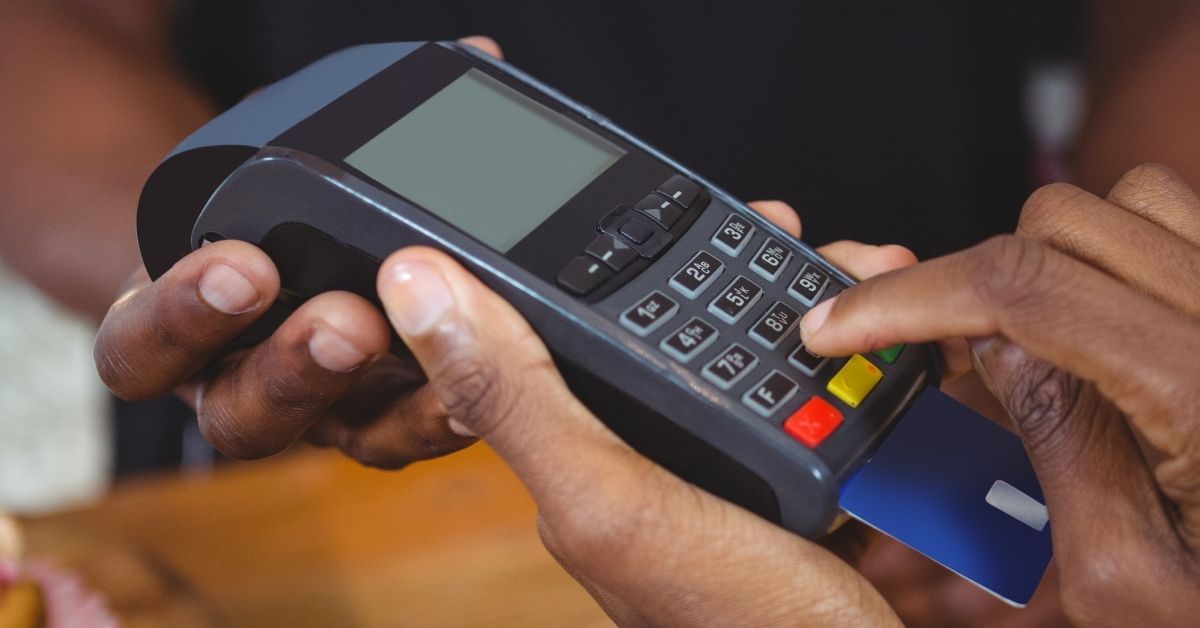
The Central Bank of Nigeria has ordered banks operating in the country to start charging a cybersecurity levy on transactions.
A circular from the apex bank on Monday disclosed that the levy implementation would start two weeks from today.
The circular was directed to all commercial, merchant, non-interest, and payment service banks, among others.
The circular revealed that it was a follow-up on an earlier letter dated June 25, 2018 (Ref: BPS/DIR/GEN/CIR/05/008) and October 5, 2018 (Ref: BSD/DIR/GEN/LAB/11/023), respectively, on compliance with the Cybercrimes (Prohibition, Prevention, Etc.) Act 2015.
However, the apex bank exempted loan disbursements and repayments, salary payments, intra-account transfers within the same bank or between different banks for the same customer, and intra-bank transfers between customers of the same bank from the levy.
Also exempted from the levy were inter-branch transfers within a bank, cheque clearing and settlements, Letters of Credits, and Banks’ recapitalisation-related funding only bulk funds movement from collection accounts, savings, and deposits including transactions involving long-term investments, among others.
Nigerians on social media are lamenting the new levy, which they complain has added to the multiple levies paid for electronic transactions. In this report, PUNCH Online highlights the five other transaction levies paid and the amount deducted on transactions between N1,000 and N1,000,000.
1. Cybersecurity levy
N5 is charged on the transaction of N1,000
N50 is charged on the transaction of N10,000
N500 is charged on the transaction of N100,000
N5,000 is charged on the transaction of N1,000,000
N50,000 is charged on the transaction of N10,000,000
2. Transfer fee
N10 is being charged on the transaction below N5,000
N25 is being charged on the transaction between 5,001 and N50,000
N50 is being charged on transactions above N50,000
3. Stamp duties
N50 is being charged on transactions between N10,000 and N10,000,000
4. Short Messaging Service (SMS)
N4 is being charged on each electronic transfer notification
NB: This is only applicable to customers on eligible electronic transactions. Those who opt for e-mailing services are not charged the same.
5. Value Added Tax
N0.75 is being charged on N10 transfer fee
N1.875 is being charged on the N25 transfer fee
N3.75 is being charged on N50 transfer fee.
Business
Naira depreciates at parallel market, appreciates at official window

The naira depreciated further to N1,430 at the parallel section of the foreign exchange (FX) market on Monday.
The FX rate represents a 4.38 percent drop from N1,370 traded on May 1.
Speaking to TheCable in Lagos, currency traders, also known as bureau de change (BDC) operators, put the buying rate of the greenback at N1,400 and the selling price at N1,430 — leaving a profit margin of N30.
At the official window, the local currency appreciated by 3.30 percent to N1,354.21 on Monday — from N1,400.40 on May 3.
During the trading period, the dollar exchanged for as high as N1,441 and as low as N1,285 according to data from FMDQ Exchange, a platform that oversees FX trading in Nigeria.
Meanwhile, Richard Montgomery, the British high commissioner to Nigeria, on May 5, said the new exchange rates policy under the present government and the leadership of the Central Bank of Nigeria (CBN) is attracting investors.
“You all know that the foreign exchange system in the past chased away investors because it is difficult to get your exchange done and you do not know whether you will be able to move money across borders,” Montgomery said.
The British envoy also said trade relations between Nigeria and the United Kingdom (UK) are about £7 billion.
Business
NERC reduces FX rate for calculating new tariff for Band A customers by 16.03%

The Nigerian Electricity Regulatory Commission (NERC) has reduced the exchange rate for calculating the current electricity tariff for Band A customers by 16.03%, from N1,463.3/$ to N1,277.8 from May to December 2024.
This is revealed in the commission’s Multi Year Tariff order (MYTO) for May to December 2024 released recently.
The NERC MYTO was reviewed following the appreciation of the naira in the foreign exchange market in the last one month.
Following statements by various electricity distribution companies on the reduction of electricity tariff for Band A customers on Monday, the NERC finally confirmed the drop, stating that it was due to appreciation of the naira since the last MYTO review earlier in the month of April.
The NERC approved the reduction of electricity tariff for band A customers from N225 per KWh to 206.8/KWh representing a drop of 8.1%.
Earlier in April, the NERC approved an over 200% hike in electricity tariff for band A customers from about N66 per KWh to N225/KWh, with significant changes in the exchange rate for calculation from N919/$ to N1,463, representing an N543.9 increase.
-

 Crime1 week ago
Crime1 week agoUK-based Nigerian doctor, Tijion Esho loses licences over sex for free Botox injections
-

 Entertainment23 hours ago
Entertainment23 hours agoKanayo introduces first son to filmmaking (Video)
-
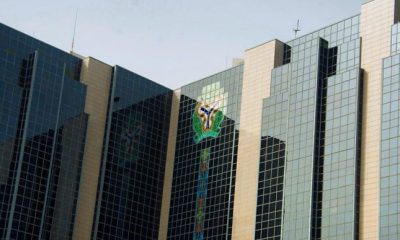
 Business23 hours ago
Business23 hours agoCBN directs banks to charge 0.5% cybersecurity levy on electronic transfer
-
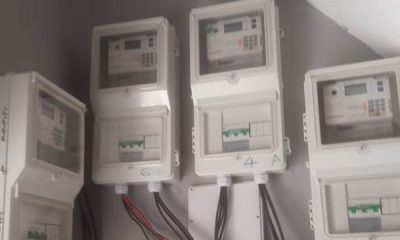
 Business22 hours ago
Business22 hours agoNERC reduces FX rate for calculating new tariff for Band A customers by 16.03%
-

 Business22 hours ago
Business22 hours agoNaira depreciates at parallel market, appreciates at official window
-

 Crime23 hours ago
Crime23 hours agoNigerian vendor in UK, Musiliu Badejo jailed for selling toxic skin bleaching products
-
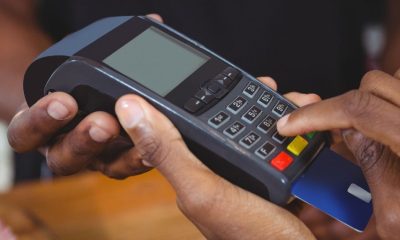
 Business17 hours ago
Business17 hours agoFive levies Nigerians pay for electronic transactions
-
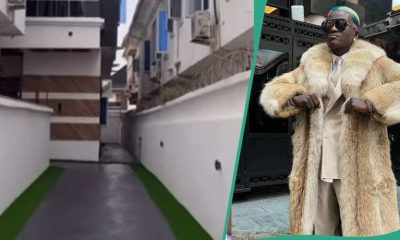
 Entertainment16 hours ago
Entertainment16 hours agoPortable acquires luxury house in Lekki (Video)

